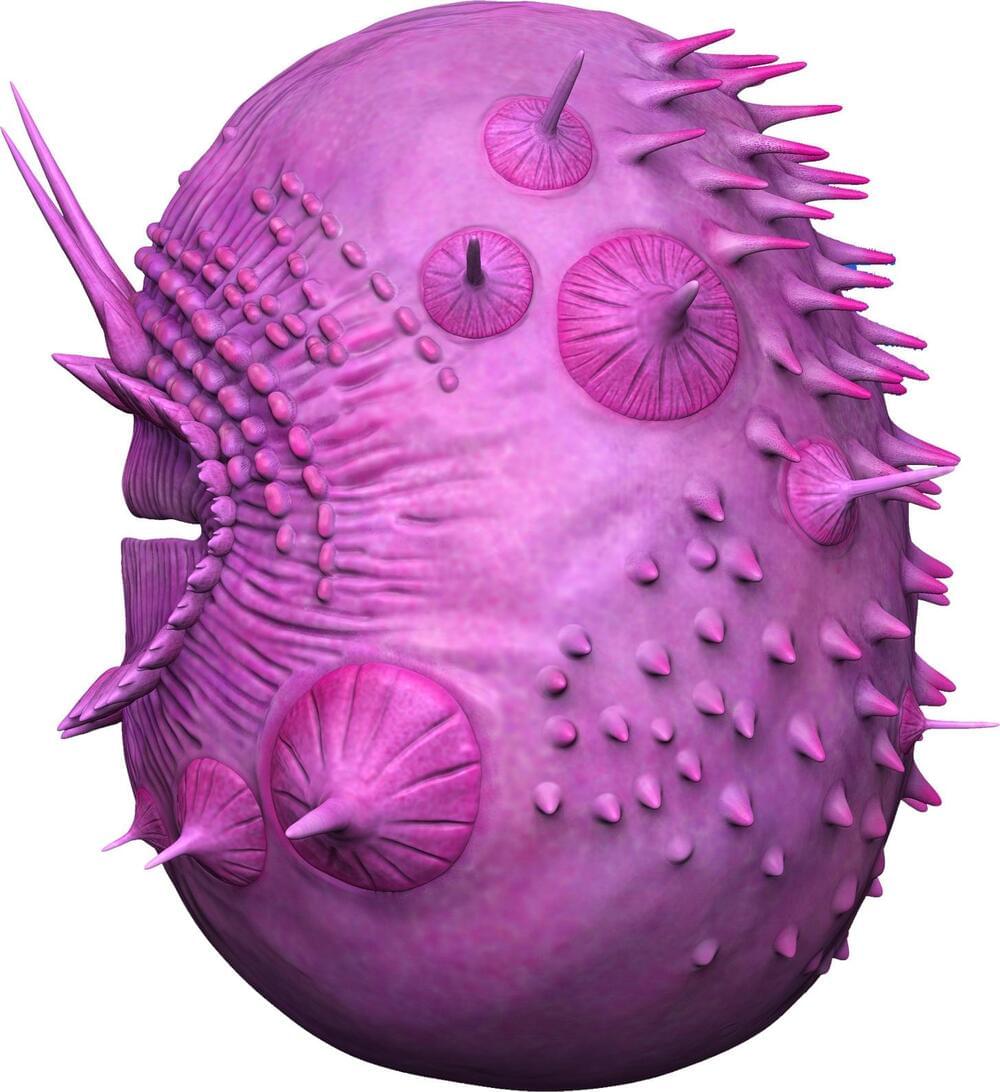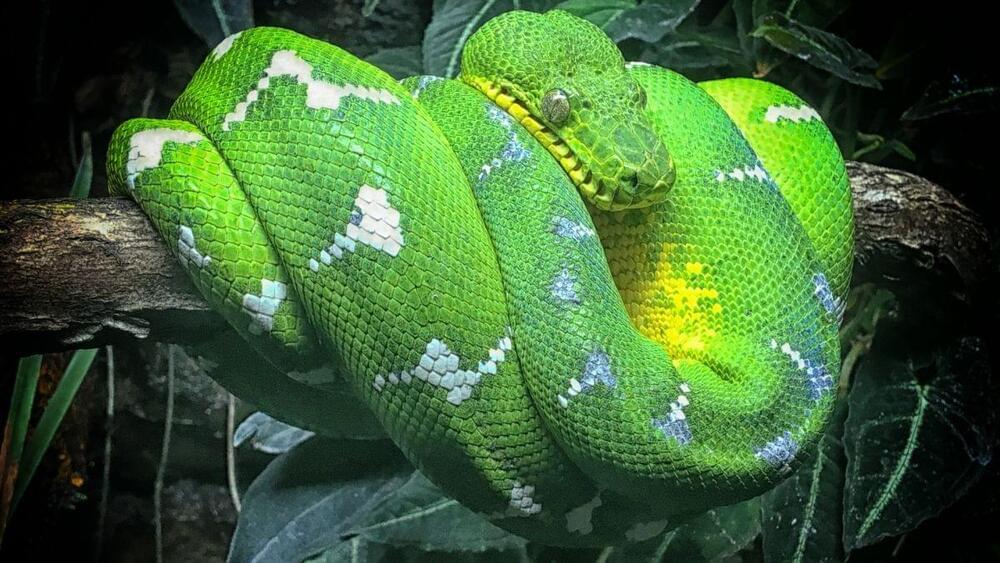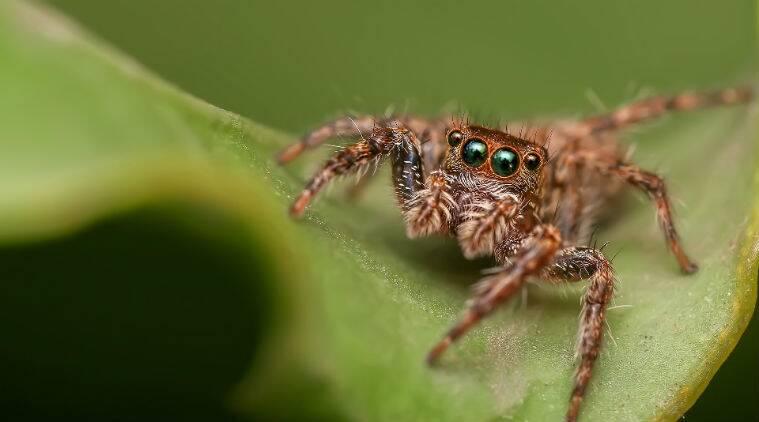An international study team has found that a mysterious microscopic creature assumed to be the ancestor of humans actually belongs to a different family tree.
The Saccorhytus is a spikey, wrinkly sack with a huge mouth surrounded by spines and holes that were interpreted as pores for gills – a primitive feature of the deuterostome group, from which our own deep ancestors emerged.
But a thorough examination of fossils from China that date back 500 million years has shown that the holes surrounding the mouth are actually the bases of spines that split during the process of fossil preservation, finally revealing the evolutionary affinity of the microfossil Saccorhytus.






